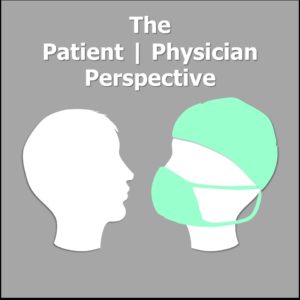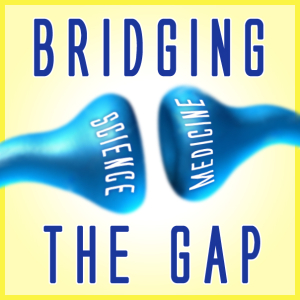A Third Year Opus — Chapter Three: The Tenant
Delirium is a bread-and-butter presentation. The differential writes itself — stroke, infection, intoxication, electrolyte imbalances, shock, organ failure. The intellectual exercise this invites was practically invented for medical students, even if the final diagnosis (dehydration secondary to gastroenteritis) and its treatment (fluids) were relatively mundane.











